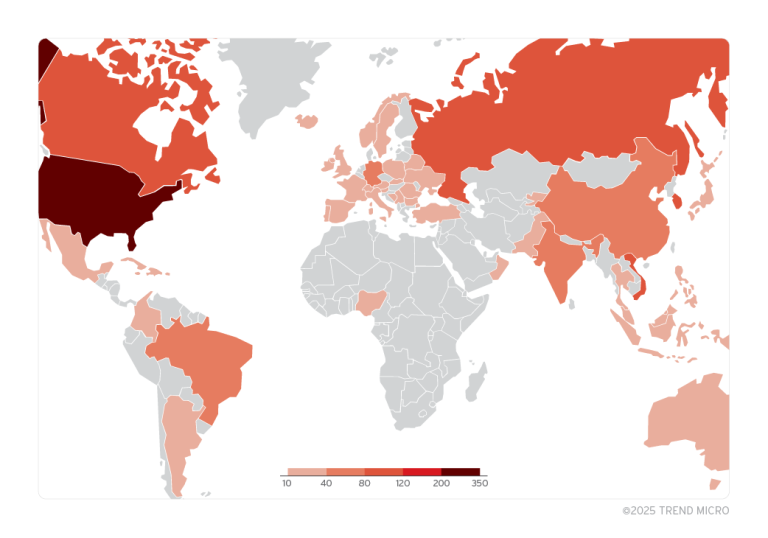
The Digital Residency Program of Palau, launched in 2022, was initially conceived as a means to attract investment and foster the development of the financial sector in the small island nation. However, in practice, the ID card has transformed into a tool for circumventing financial regulations.
The ID card, obtainable through the RNS.ID website, grants access to a range of services, including rental accommodations and the extension of Palau’s tourist visa for up to 180 days. However, its most notable application has been its use as an identification document on cryptocurrency exchanges. American traders have eagerly exploited this status to bypass stringent U.S. regulations, which impose limitations on crypto trading and withdrawals.
The method became so widespread that Binance and Kraken have now prohibited the use of Palau’s ID card for customer verification. Nevertheless, traders continue to discover loopholes. For instance, members of the Palau ID Discord community and YouTube bloggers claim that KuCoin still accepts these documents. This digital residency status enables users to increase withdrawal limits from $25,000 to $1 million per day.
An experiment with KuCoin registration confirmed that the Palau ID successfully bypasses the KYC (Know Your Customer) system. The process of obtaining residency proved remarkably simple: after registering on RNS.ID, paying approximately $250, and undergoing a sanctions check, the ID was dispatched via mail. According to the RNS.ID website, this ID is described as an “official government identification document that can be used for any legal purpose.”
Palau’s Digital Residency Program debuted in 2022, with its first resident being venture capitalist Tim Draper. Later, Ethereum’s co-founder, Vitalik Buterin, also joined the initiative. President Surangel Whipps Jr. stated that the program aims to diversify the economy, reducing the country’s dependence on tourism.
Discussions in the RNS.ID Discord community frequently revolve around potential applications for the ID card, with some users inquiring whether it can be used to open bank accounts. However, official representatives of RNS.ID evade direct answers, merely emphasizing that each platform enforces its own regulations.
Despite the growing popularity of Palau’s ID among crypto traders, many exchanges have begun recognizing its risks and imposing restrictions. Kraken has stated that Palau’s ID can obscure a user’s actual nationality and may also be accessible to individuals subject to OFAC sanctions. Binance has similarly refused to accept the ID for verification, citing rigorous KYC screening procedures. While KuCoin has yet to issue an official statement, the exchange has previously faced fines from U.S. authorities for unlawful activities.
Bloggers speculate that restrictions on Palau’s ID will continue to tighten, yet traders remain hopeful that under the U.S. government’s evolving stance on cryptocurrency, some platforms may once again permit trading without mandatory verification. The lingering question is how long Palau’s digital residency will remain a viable loophole for regulatory evasion and what impact it will have on the policies of cryptocurrency exchanges moving forward.


